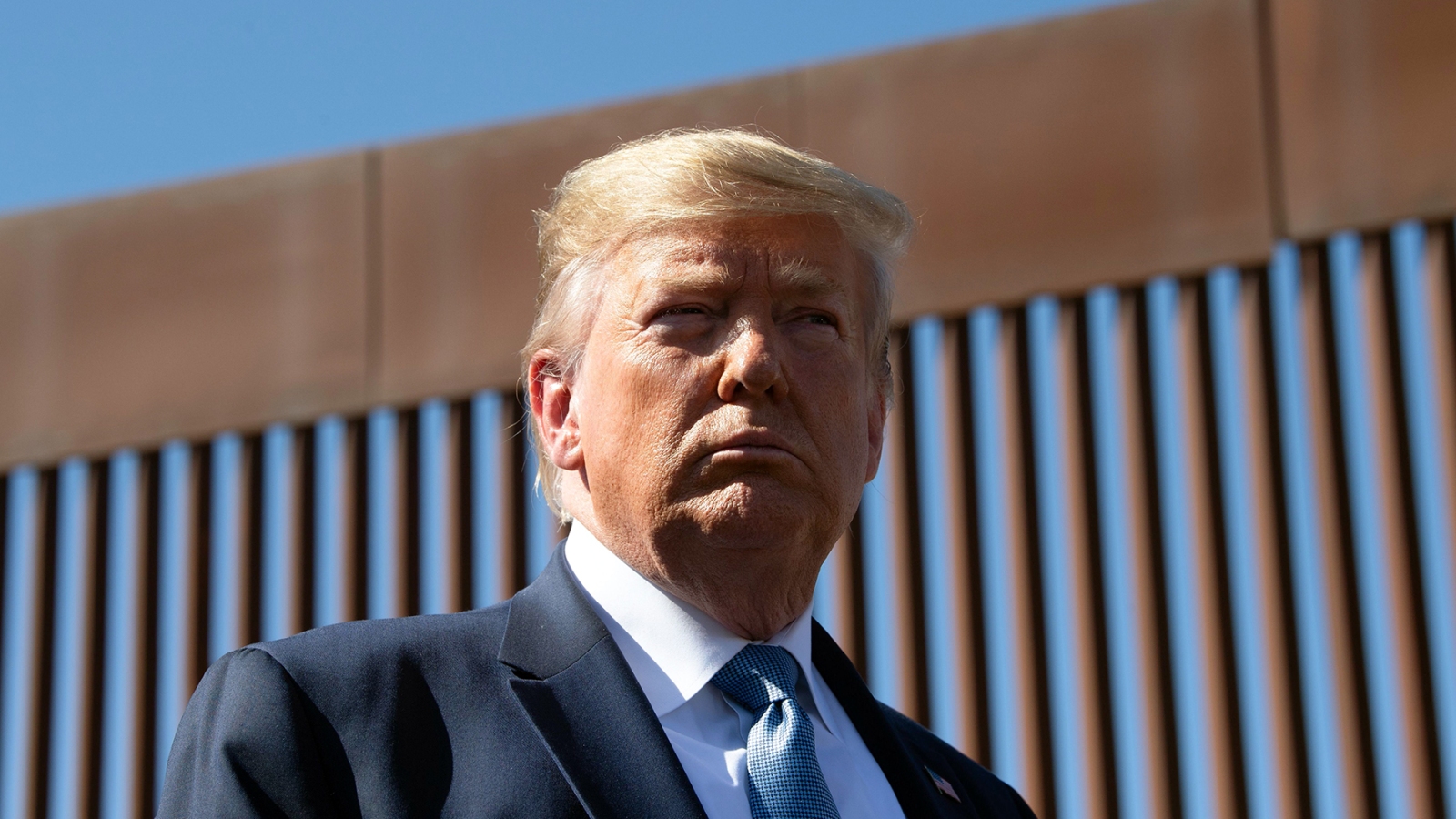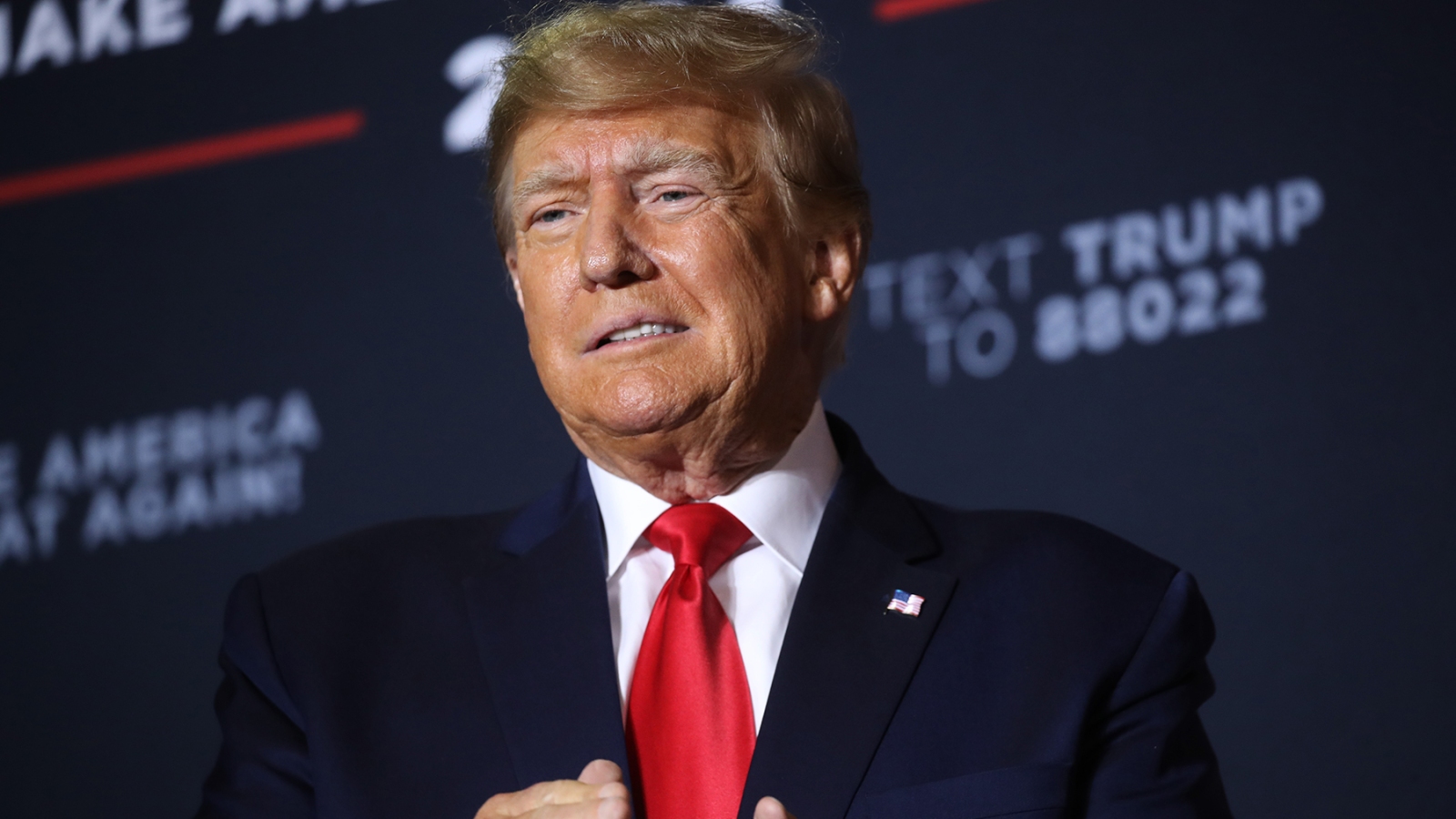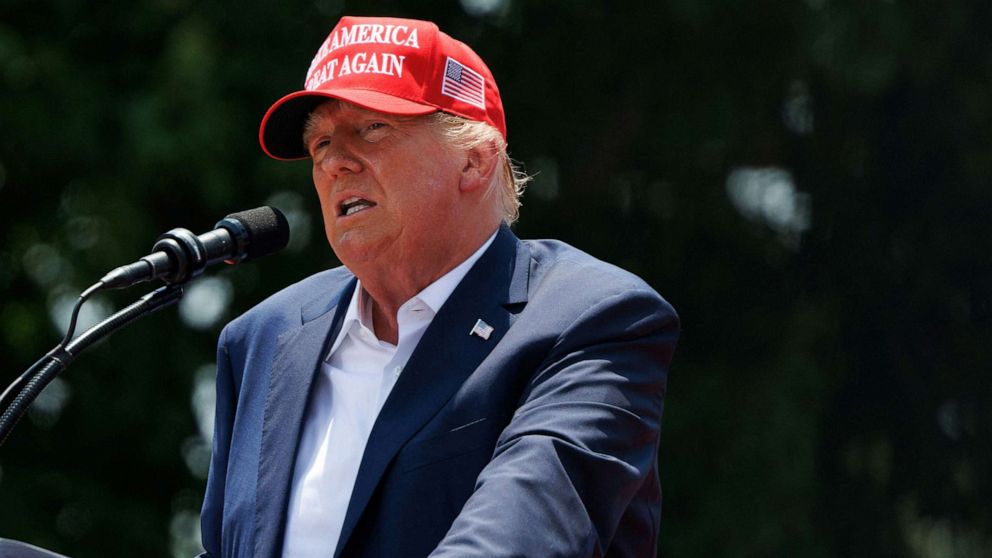Then the Republican voters are hoping to vote him in as their president, he either pardons himself or he gives his VP the presidency for 10 minutes and they pardon him. He then goes to work dismantling the FBI, CIA, DOJ, Judicial system, Election system and starts arresting Democrats, media personalities, etc.Then he arrests the Republicans he sees as a threat (Pence, De Santis etc), he installs his family as top ranking members of government, perhaps even replaces his own VP with a family member.
Those that voted for him rejoice in all of this of course.
They pull out of Nato, and declare war on Mexico. They lock up all Mexican immigrants, lock up all civilians with Mexican heritage. Ban Muslims entry, kick Muslims out.




